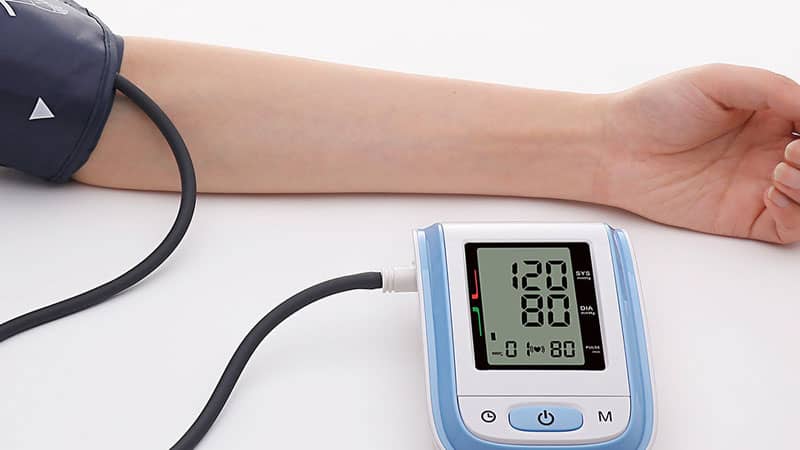London: People with gum disease (periodontitis) have a greater likelihood of suffering from high blood pressure or vice versa, warn researchers.
The study investigated gum disease as a potential risk factor for hypertension, but the reverse could also be true.
“Further research is needed to examine whether patients with high blood pressure have a raised likelihood of gum disease. It seems prudent to provide oral health advice to those with hypertension,” said Professor Francesco D’Aiuto from UCL Eastman Dental Institute in the UK.
High blood pressure affects 30-45 per cent of adults and is the leading global cause of premature death, while periodontitis affects more than 50 per cent of the world’s population.
“We observed a linear association — the more severe periodontitis is, the higher the probability of hypertension. The findings suggest that patients with gum disease should be informed of their risk and given advice on lifestyle changes to prevent high blood pressure such as exercise and a healthy diet,” said D’Aiuto in the paper published in Cardiovascular Research, a journal of the European Society of Cardiology.
Hypertension could be the driver of heart attack and stroke in patients with periodontitis.
“Previous research suggests a connection between periodontitis and hypertension and that dental treatment might improve blood pressure, but to date, the findings are inconclusive,” the researchers noted.
This study compiled the best available evidence to examine the odds of high blood pressure in patients with moderate and severe gum disease.
A total of 81 studies from 26 countries were included in the meta-analysis.
Moderate-to-severe periodontitis was associated with a 22 per cent raised risk for hypertension, while severe periodontitis was linked with 49 per cent higher odds of hypertension.
Average arterial blood pressure was higher in patients with periodontitis compared to those without. An average 5 mmHg blood pressure rise would be linked to a 25 per cent increased risk of death from heart attack or stroke, the researchers noted.

